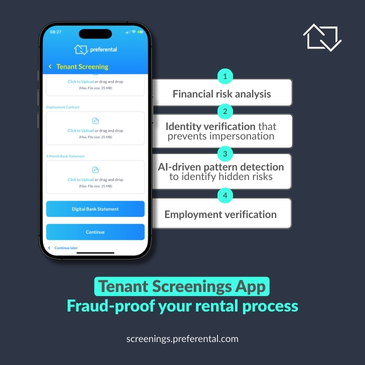Home Ownership: Is it you or the Bank holding the Keys?"
With a significant portion of South African homes financed through major banks, the ongoing debate about home ownership persists online. Gavin Lomberg, CEO of ooba Home Loans, offers clarity on this issue.
Lomberg emphasizes two crucial points:
1. Ownership Authority: Upon transfer of the bond into your name, you assume authority over your home. You decide on renovations, extensions, decorations, leases, or sales, along with responsibilities like maintenance and repairs.
2. Title Deed Importance: The title deed is pivotal. It legally designates you as the homeowner, verified through the Deeds Office. Despite the bank's listing on the deed for the mortgage bond, you hold the title until the loan is fully repaid.
"When selling your property," Lomberg explains, "proceeds first cover the outstanding loan balance, with any surplus yours to keep."
A title deed, essential for proving property ownership, undergoes transfer by a conveyancing attorney, following home loan approval. Registration at the Deeds Office finalizes this process within about three weeks.
The deed includes personal details, property description, purchase price, transfer history, restrictions (like existing loans), and ownership shares in joint ownership cases.
Regarding defaults, Lomberg clarifies that while banks can repossess homes for non-payment, this is a last resort. Homeowners can negotiate debt rescheduling, loan term changes, payment holidays, or home sales to manage financial strain.
Additionally, municipalities may foreclose homes for unpaid rates, while Body Corporates can auction properties for overdue levies. Lomberg advises, "Maintain timely payments and prioritize financial wellness to protect your home."
In summary, while banks have rights in mortgage scenarios, homeownership in South Africa legally designates you as the property owner, underscored by the title deed and responsible decision-making.
CLICK HERE FOR HELP ON DEFAULTS






.avif)

.avif)


.avif)

.avif)




.svg)


.avif)

.avif)







%20.avif)








.avif)
%20.avif)
